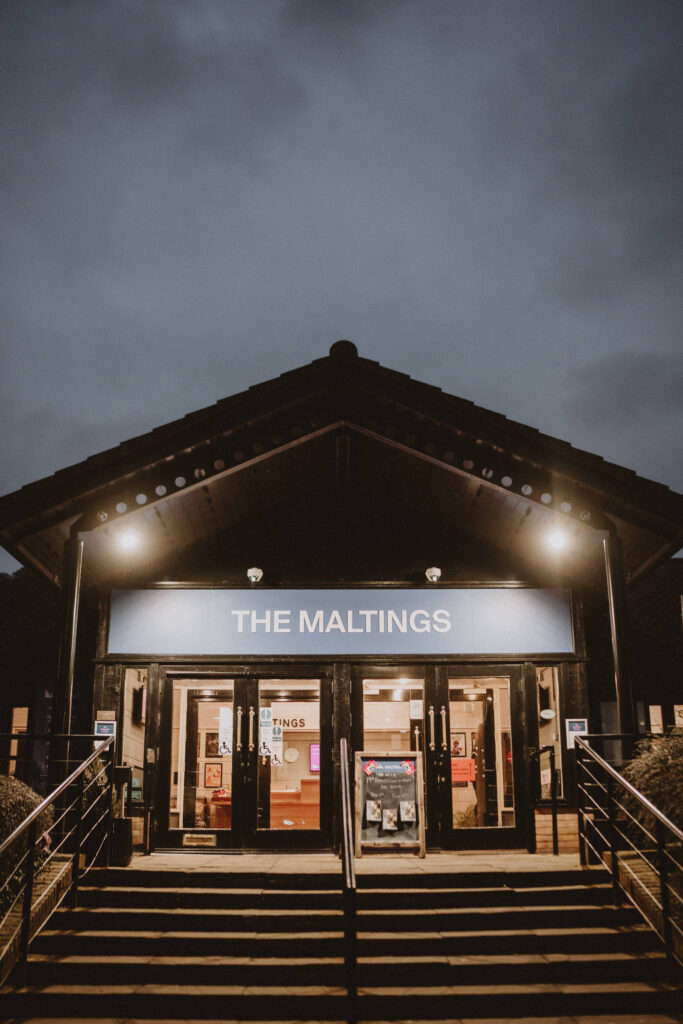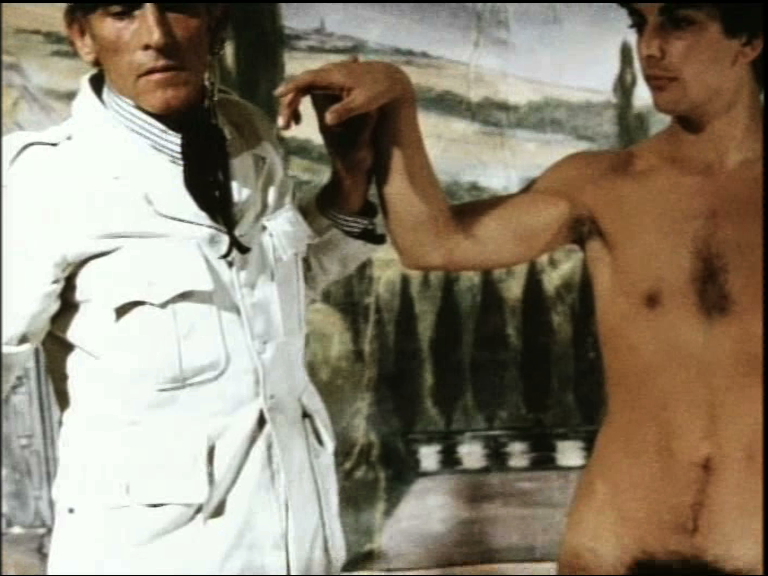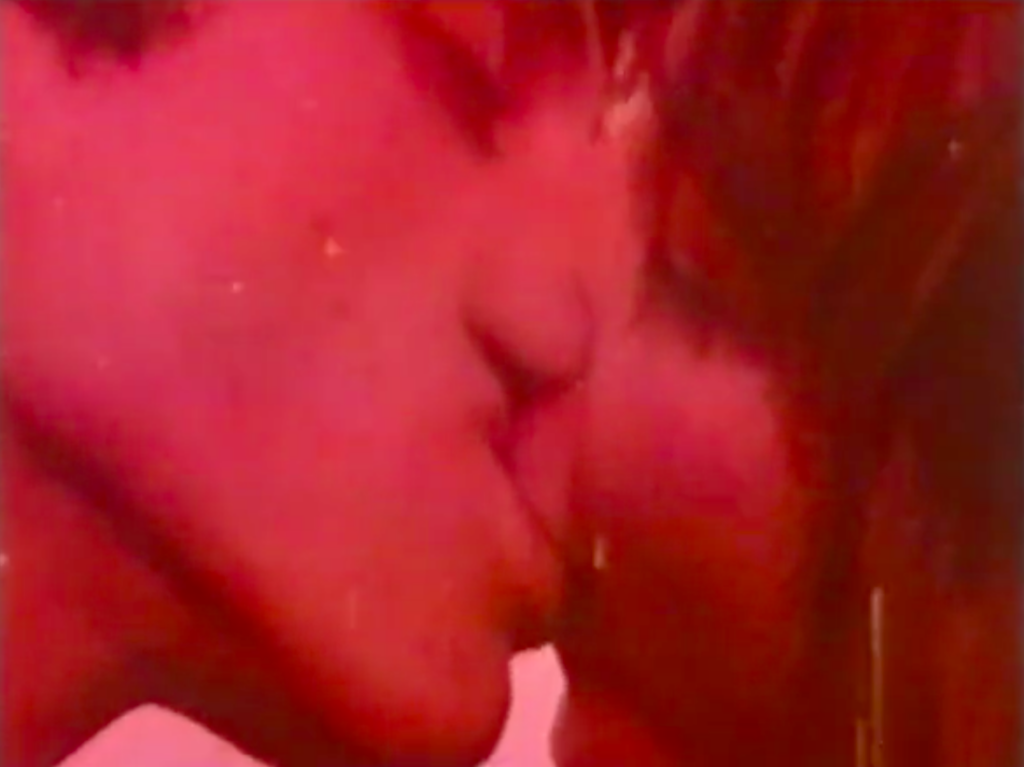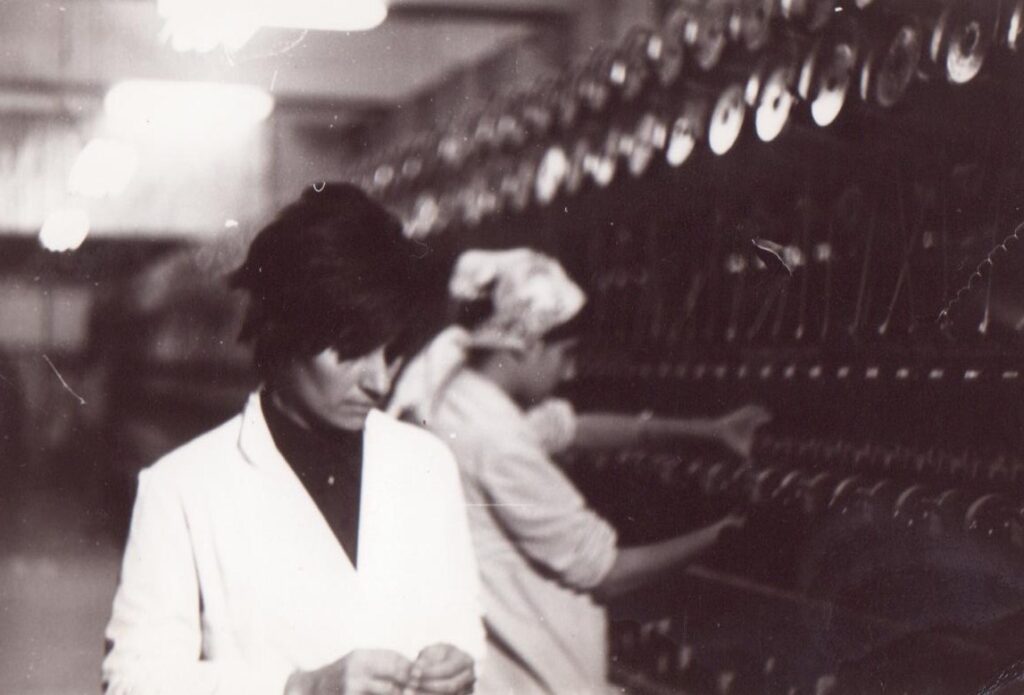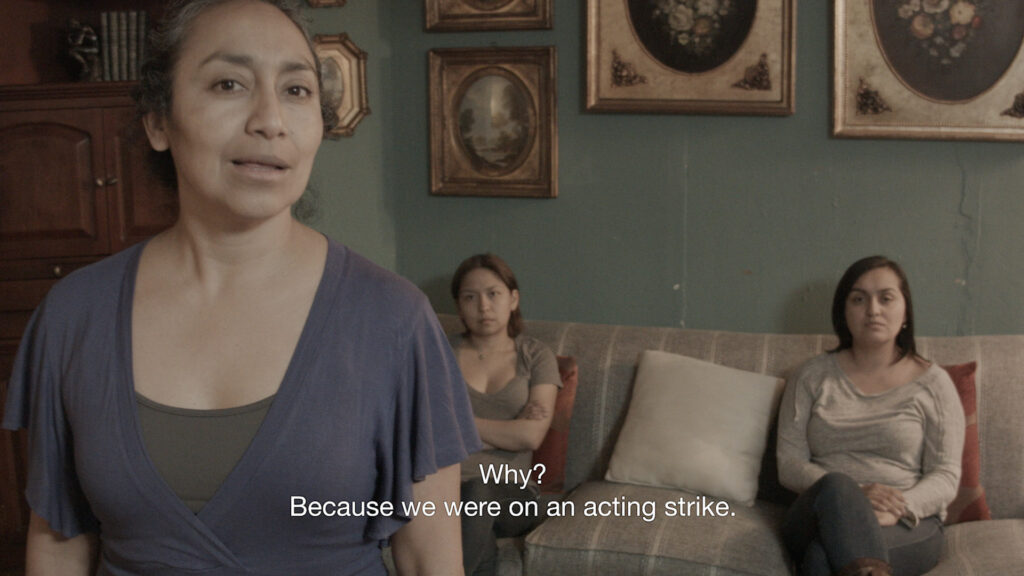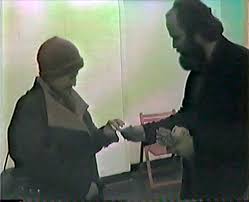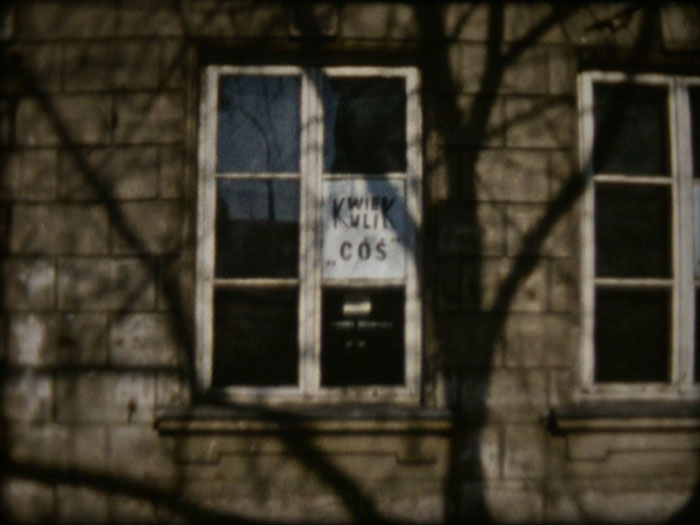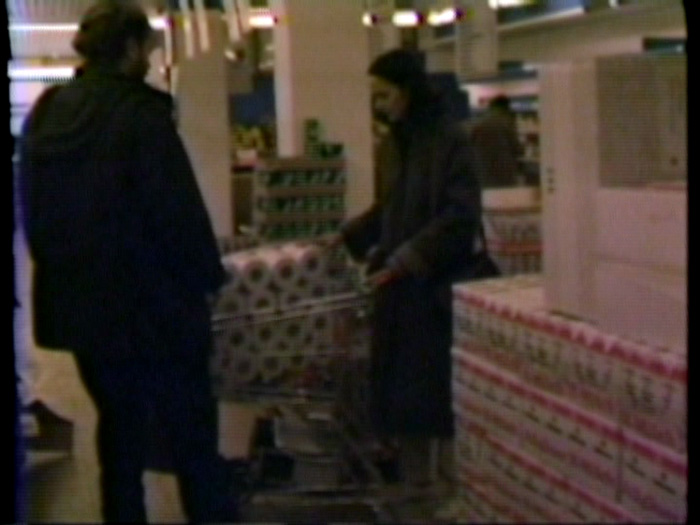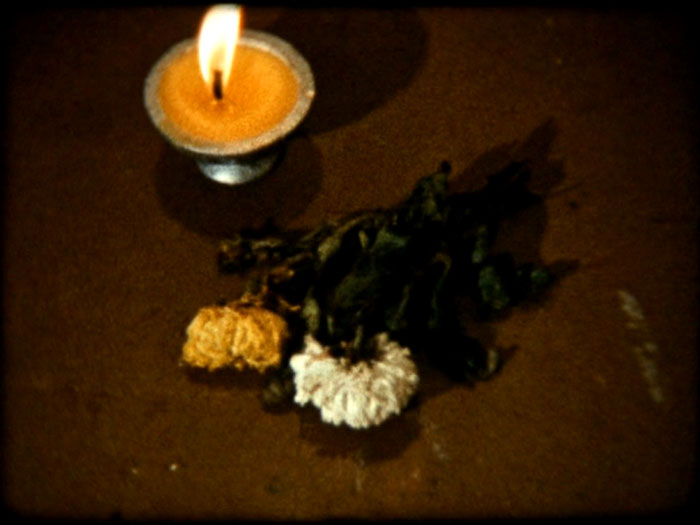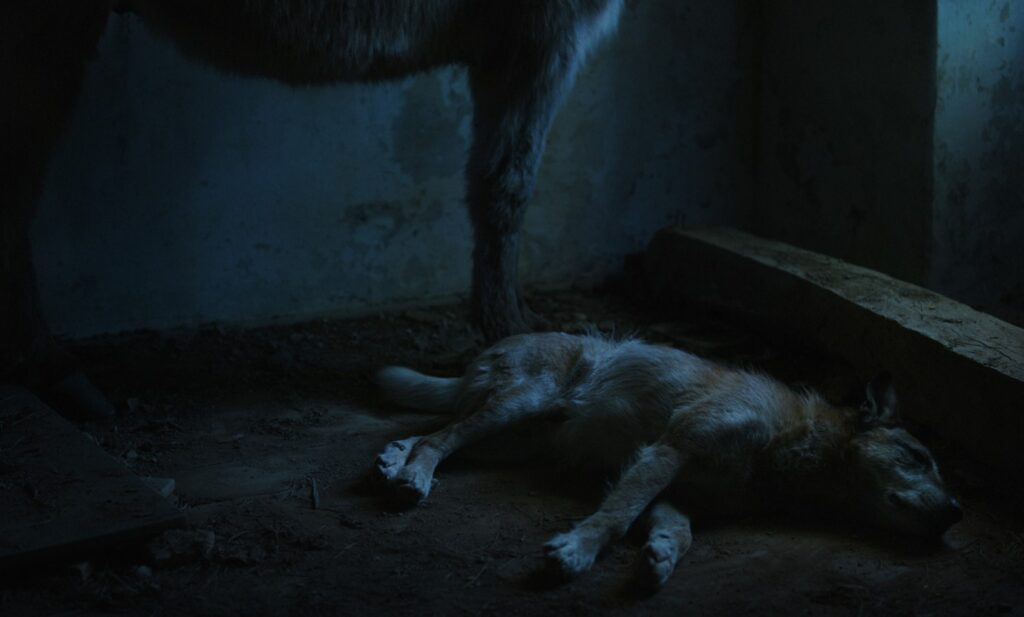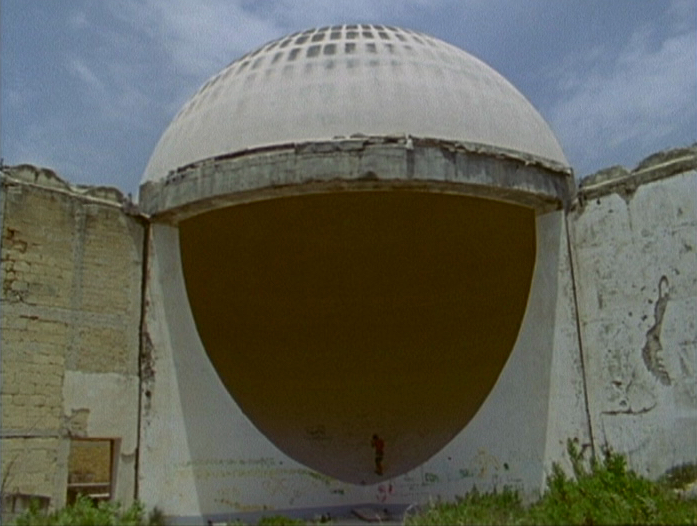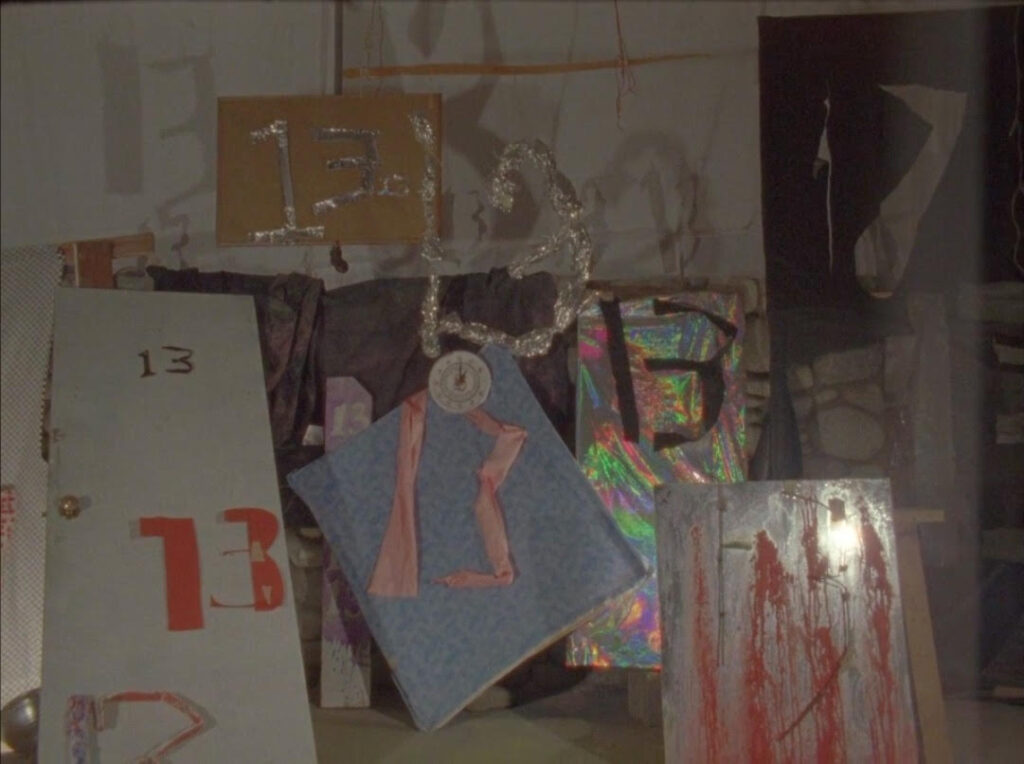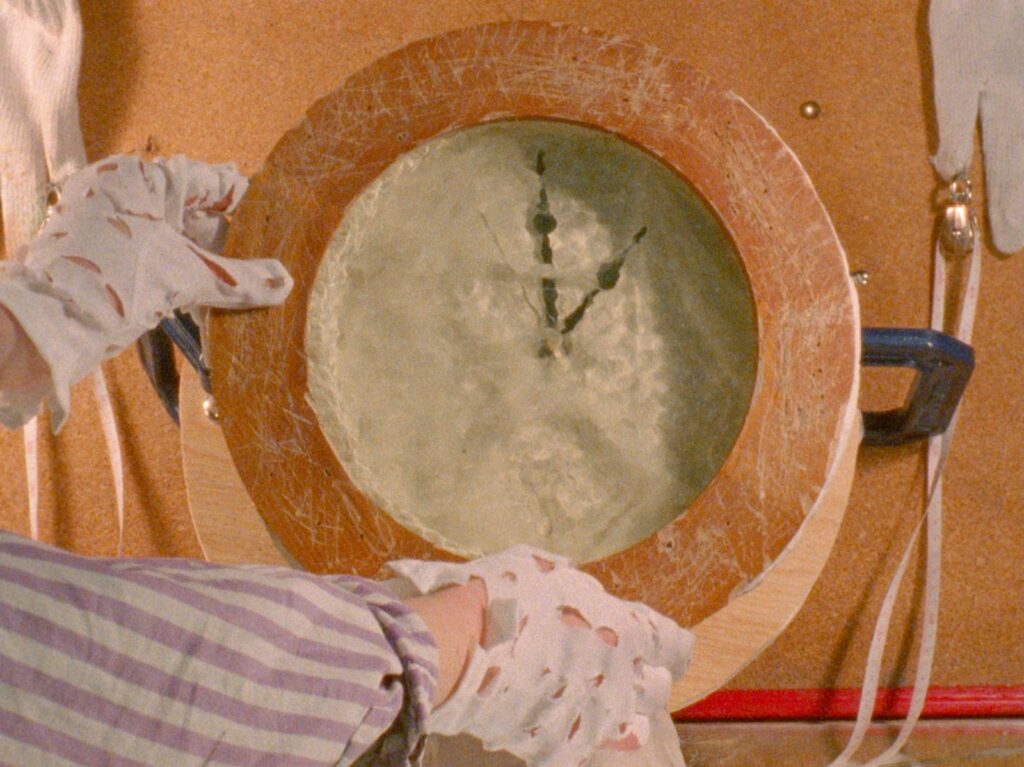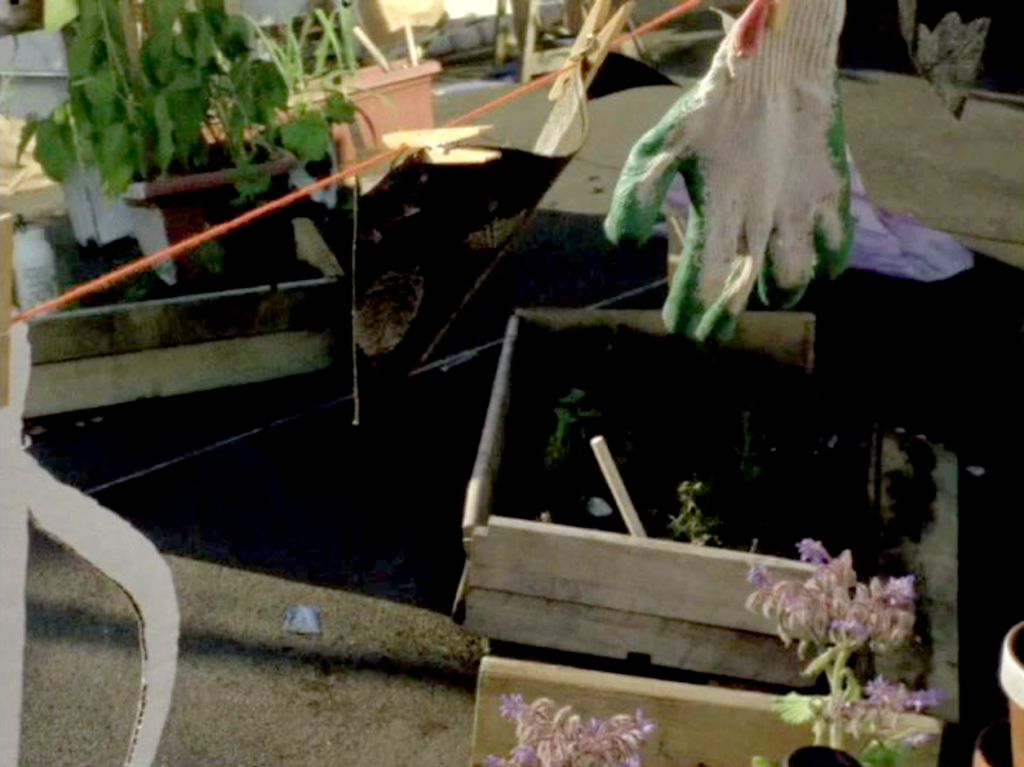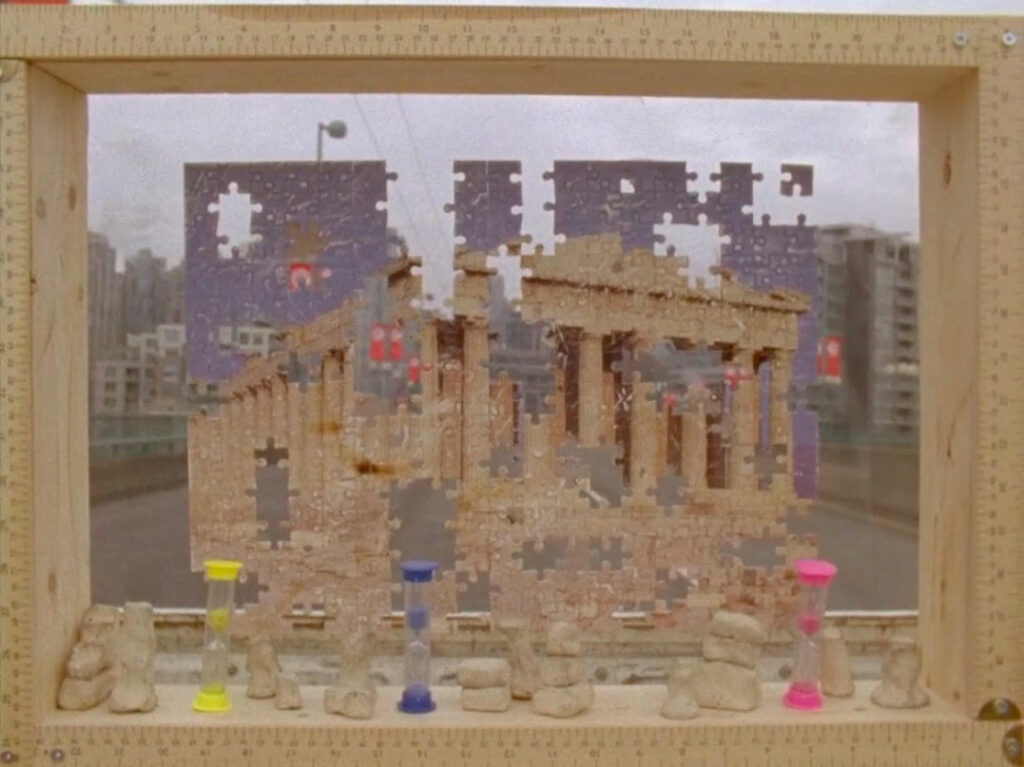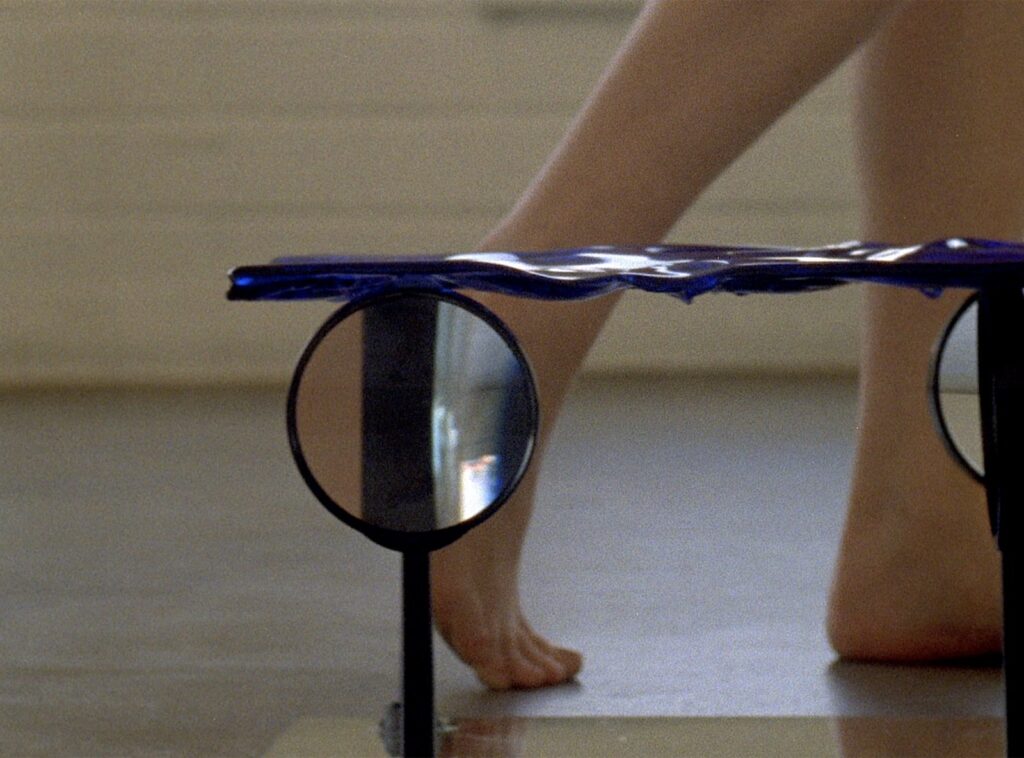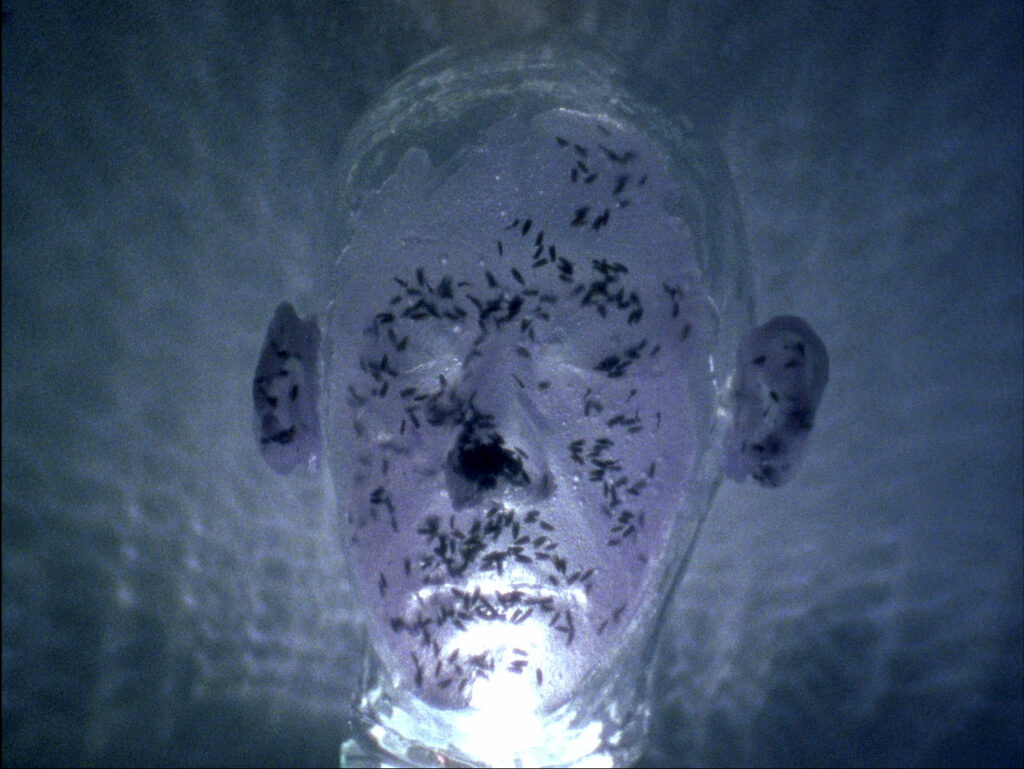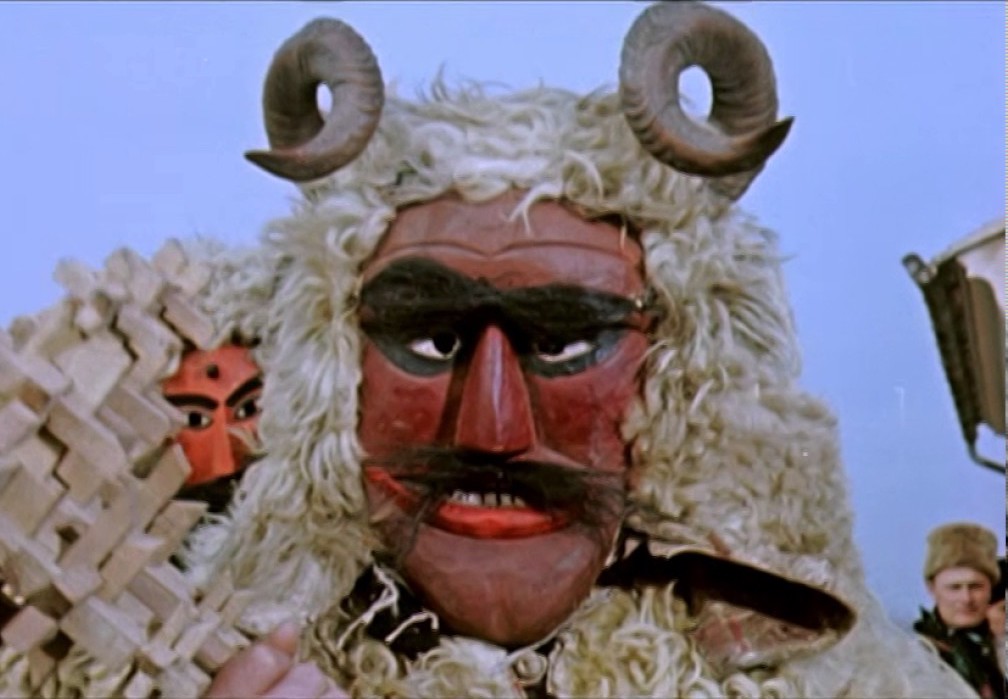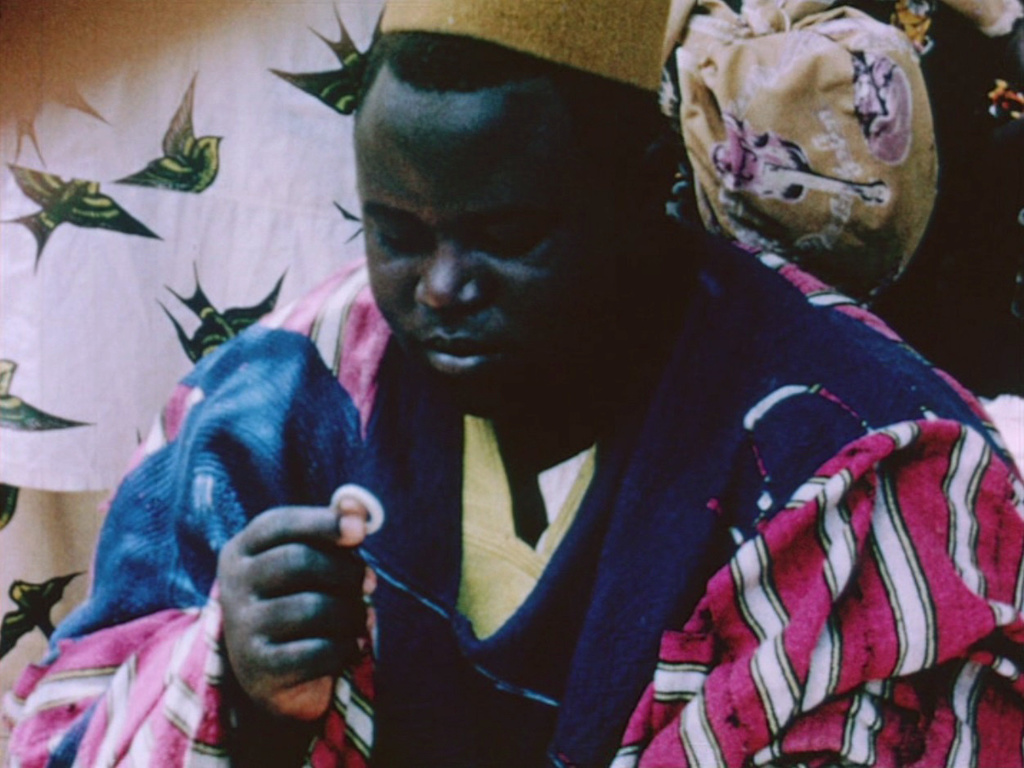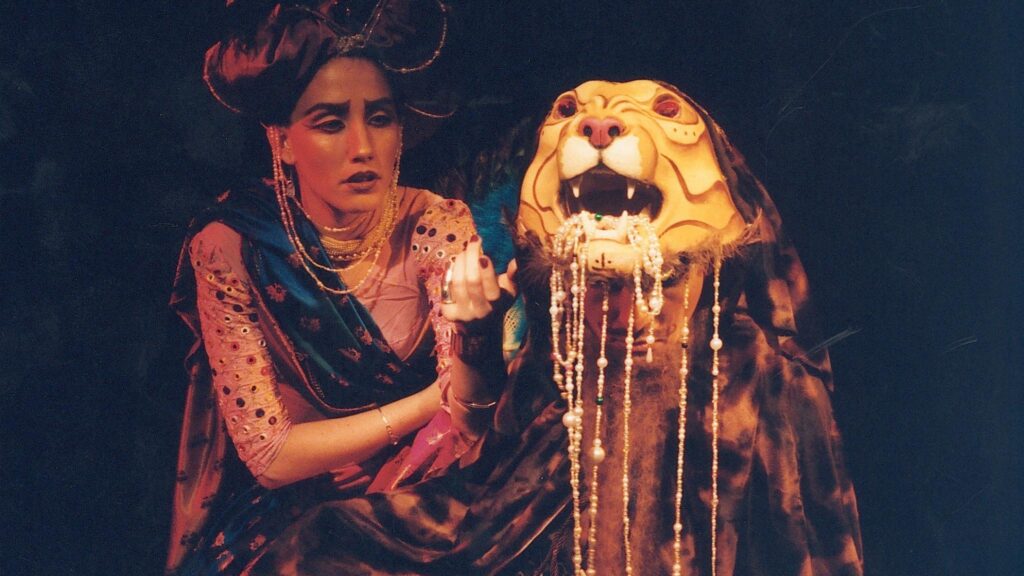Venue Introduction
The Maltings is a large venue on 4 floors which includes a theatre and cinema, The Maltings Cafe Bar and the Henry Travers Studio. It’s a busy venue with a programme of films and theatre. This venue offers step-free access to all spaces and has a lift.
Entrance
There is ramped access on the left side of the main entrance or 8 wide steps with handrails on both sides. Their are either push doors at the main entrance or power assisted doors with a push button on the left side.
This entrance takes you to the foyer of the venue with a box office desk directly in front, the Henry Travers Studio through a door to the left and The Maltings Cafe Bar through a door to the right.
To access the theatre and cinema auditorium you need to either take the lift or the stairs. The lift is yellow and it is to the right as you come in. The stairs are also on the right with a yellow handrail on one side.
You need to take the lift to the lower levels or go down the stairs.
Venue Physical Access
Room Description: A black square room with red details.
Doorway: Wide double door which is held open before events start.
Seating: Fixed auditorium style pull-out padded seating with padded seat and back and no arms. Loose chairs with padded backs and seats and no arms.
Temperature: Heated and warm, not much ventilation.
Venue Sensory Access
Lighting: The lighting in this venue will depend on the event. There may be coloured lights. For most events, the curtains will be open.
Flooring: Smooth black flooring
Sound: No ambient sound from outside the room could be heard.
Patterns: Ceiling lighting rig in a grid, high contrast between the red auditorium style seating and black room.
Smell: Neutral
Toilets
There are gendered toilets on the -1 lower ground level. There is an accessible adapted toilet with babychange facilities and gendered toilets on the -3 lower ground level. All toilets are accessible via the lift or down the stairs with a handrail. The doorways of the toilets are 91cm wide.
Food/Drink
There is food and drink available at the Cafe Bar on the ground floor. The opening times are;
‘Opening hours for 2025 :
Tuesday – Saturday 9.30am – 4pm
Lunches served from 11.45am – 2.45pm
Drinks and home baking served until 3.45pm
Sundays/Mondays – CLOSED
There will be a bar service available one hour before every show/film.’
There are also drinks available at the Theatre Bar on the -1 lower ground floor level before and during events.
Emergency Evacuation
There are multiple emergency exits throughout the building, including step-free emergency exits, marked by illuminated green signs which will take you either to the outside of the building or external refuge points. Follow the signs and the directions by staff in the case of an emergency. The closest step-free emergency exit in the theatre is back through to the theatre bar and through a corridor exit marked with a green emergency exit sign. The closest step-free emergency exit in the Henry Travers Studio is through the marked emergency exits within the studio into a glass corridor which leads out to the carpark. The emergency meeting point is across the road outside the Sports Direct.


